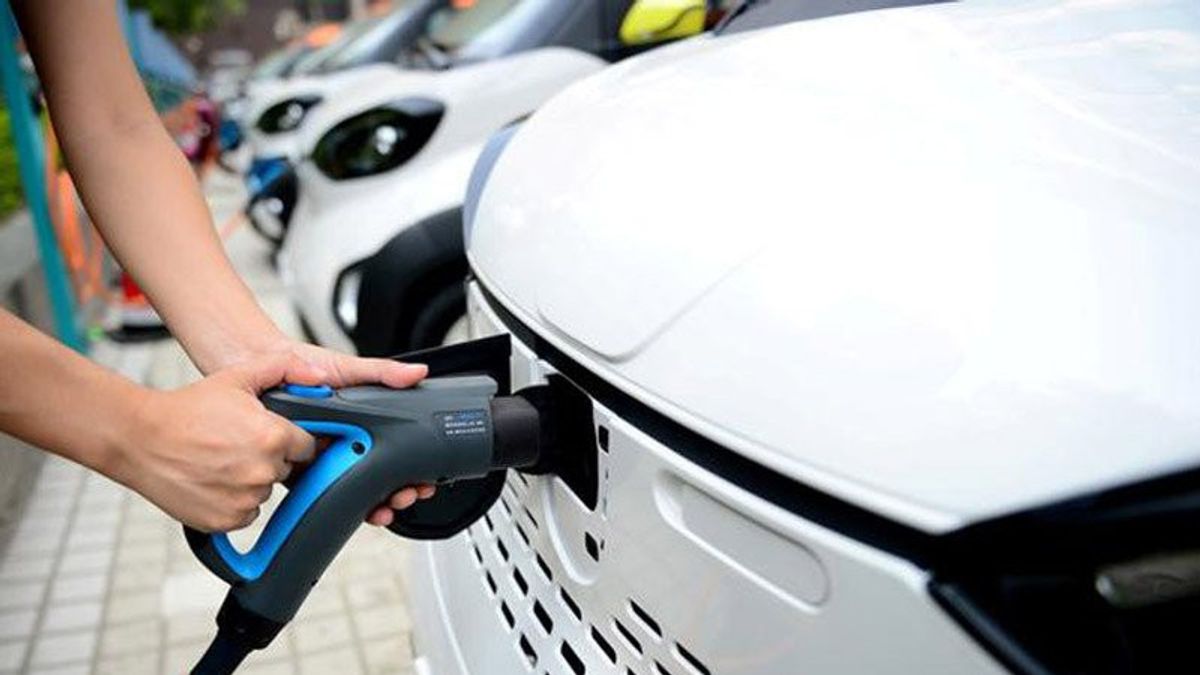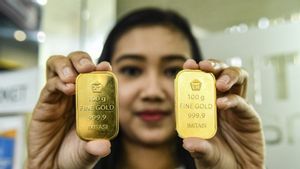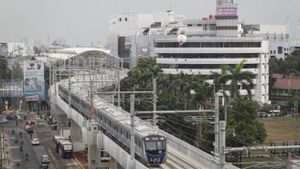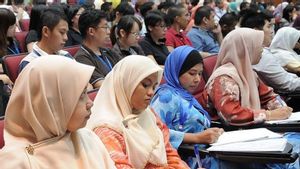JAKARTA - The government is finalizing the rules for providing incentives for the purchase of electric vehicles.
Transportation Observer Unika Soegijapranata Djoko Setijowarno assesses that electric vehicle incentives are not suitable if implemented in Jabodetabek.
"In the midst of efforts to move private vehicle users to public transportation, this policy is counter-productive if it is given to a number of purchases of electric cars and electric motorcycles, the impact will increase congestion and traffic accident rates," he said in a written statement, as quoted on Wednesday, January 4.
According to Djoko, the Ministry of Industry (Kemenperin) should also support efforts to reform public transportation carried out by the Ministry of Transportation (Kemenhub) in urban areas.
This is because the incentives for electric vehicles are considered more appropriate, if applied in areas that are indeed difficult for fuel oil (BBM).
"The Ministry of Industry should also support efforts to reform public transportation that is being carried out by the Ministry of Transportation in urban areas by using electric buses, and conversion vehicles or electric motorcycles in the regions are difficult to get fuel," said Djoko.
Djoko said that the feeder from the Bogor Depok area of Tangerang Bekasi (Bodetabek) to the Jabodetabek KRL station can use electric public transportation that is still receiving government incentives.
"Subsidies on target must continue to be pursued in order to provide a sense of justice for users of public transportation," he said.
Previously, the Minister of Industry (Menperin) Agus Gumiwang Kartasasmita said the government would provide incentives for the purchase of electric buses to support the national electric vehicle ecosystem.
"The electric bus will definitely get incentives, because this is a public vehicle that of course also concerns us," Agus said at the 2022 End of Year Press talks and the 2023 Industrial Outlook Seminar in Jakarta, Tuesday, December 27.
Even so, Agus said, the government has not clearly explained the amount of incentives for electric buses, including the scheme for providing subsidies for these vehicles.
However, as an illustration, the Minister of Industry said the average purchase price of one electric bus was around IDR 1.3 billion.
Discussions regarding the planned incentives for buying electric buses were carried out with various considerations.
This is because electric buses are usually purchased by corporate customers or local governments (Pemda) to be used as operational vehicles or public transportation.
This is different from the incentives for cars and electric motorcycles that are given directly to public consumers.
The English, Chinese, Japanese, Arabic, and French versions are automatically generated by the AI. So there may still be inaccuracies in translating, please always see Indonesian as our main language. (system supported by DigitalSiber.id)













